Barren Lives
THE TEXAS PAN-AMERICAN SERIES

Barren Lives
(VIDAS SCAS)
by GRACILIANO RAMOS
Translated with an Introduction by
Ralph Edward Dimmick
ILLUSTRATED BY CHARLES UMLAUF

The Texas Pan American Series is published with the assistance
of a revolving publication fund established by the Pan American
Sulphur Company and other friends of Latin America in Texas.
Publication of this book was also assisted by a grant from the
Rockefeller Foundation through the Latin American Translation
program of the Association of American University Presses.
International Standard Book Number 0-292-70133-0
Library of Congress Catalog Card Number 65-16468
Copyright 1965 by Heloisa de Medeiros Ramos
All rights reserved
Printed in the United States of America
Ninth paperback printing, 1999
Requests for permission to reproduce material from this work
should be sent to Permissions, University of Texas Press, Box
7819, Austin, Texas 78713-7819.
 The paper used in this publication meets the minimum
The paper used in this publication meets the minimum
requirements of American National Standard for Information
SciencesPermanence of Paper for Printed Library Materials,
ANSI Z39.48-1984.
INTRODUCTION
The governor of Alagoasa small, back-water state on the bulge of Brazilcould hardly believe his eyes. There among the municipal reports for the year 1928, dismal bureaucratic documents in which the accomplishments of local administrators were exaggerated with bombast or their in-action disguised by a cloud of obfuscating clichs, was one the like of which had never crossed his desk before. Wrote the mayor of Palmeira dos ndios: I do not know whether the municipal administration is good or bad. Perhaps it could be worse.... I must have made numerous foolish mistakes, all attributable to my limited intelligence. The style, simple and direct, often wryly humorous, was as refreshing as the authors modesty and candor. At times it took on the raciness of popular speech: the mayor could see no point to wasting money on a telegram of condolence just because a deputy in the assembly had kicked the bucket.
In Brazil there has never been that divorce between intellectuals and government which is so often deplored in the United Statesas the mayor of Palmeira dos ndios was to write on a later occasion, Artists as a rule escape from hunger by getting government jobsand his municipal report for 1928 was soon brought to the attention of literary circles throughout the country. Augusto Frederico Schmidt, an unlikely combination of romantic poet and successful businessman, who at the time had fused his interests in a publishing venture, sensed, as he said, that the mayor must have the manuscript of a novel hidden away in a drawer someplace, and offered his services to the writer. The guess proved correct, and the publishers offer was accepted, but not until 1933, owing to the economic and political disturbances of the intervening years, did the book appear: Caets, by Graciliano Ramos.
In the galaxy of new writers whose emergence in the early 1930s made those years one of the most exciting periods in the history of Brazilian letters, Graciliano Ramos was a relative oldster. He had been born in 1892 in the little town of Quebrngulo, in rural Alagoas, but while still an infant had been taken to his maternal grandfathers ranch near Buique, in the neighboring state of Pernambuco. This is range country, too dry for crops, subject to periodic droughts which bring death to cattle and ruin to the owners. This was the region of Ramos earliest recollections, and this is the background of Barren Lives.
Ramos childhood is brilliantly evoked in a volume of memoirs entitled Infncia. He presents his father, a grave man with a broad foreheadone of the handsomest I ever sawsound teeth, a firm-set jaw, and a frightening voice; his mother, a puny, aggressive, bad-tempered matron, always bustling about, with a knobby head ill covered by thin hair, an evil-looking mouth, and evil-looking eyes, which, in moments of wrath, gleamed with a flame of madness; his two grandfathers, one a bankrupt plantation owner, from whom perhaps I inherited my absurd vocation for useless things, the other a man of immense vitality, resistant to drought, first prosperous, then all but ruined, courageously rebuilding his fortune; and a host of other figures, some of whom, such as the ranch hand Jos Baa, appear without so much as a change of name in Ramos novel Anguish.
As is perhaps suggested by the description of his parents, Ramos early years were not happy ones. His mother had little time for him: the chapter of Barren Lives concerned with the older boy is a reminiscence of the authors childhood. His father, in the patriarchal tradition of Brazilian society, was the incarnation of authority, at times mercilessly blind. Gracilianos first encounter with justice was a paternal whiplashing occasioned by the disappearance of a belta beating for which the father made no amends even when he discovered that the boy was in no way responsible. Viewing his fathers actions with half a centurys perspective, Ramos found his outbursts understandable. Unlike his indomitable father-in-law, the elder Ramos gave way before the ravages of drought, abandoning ranching for a series of ill-starred ventures as a shopkeeper, first in Buque, later in Viosa and Palmeira dos ndios, back in the state of Alagoas. Unsure of his position, forced to scrape before his creditors and the local political bosses, he vented his spleen on his debtors, his social inferiors, and his children.
He made at least one significant contribution to his sons education, however. Ramos account of his early schooling is a depressing one: cruel discipline, rote learning, incompetent teachers, classroom material totally inappropriate to the juvenile mind. At the age of seven, a lad with no knowledge of Portuguese beyond the rudimentary vocabulary used by the inhabitants of the backlands was assigned to read the Lusiads! Small wonder that two years later he was still all but illiterate. Then one evening, counter to all custom, Gracilianos father called him to fetch a book and read. The book was an adventure story, telling of a family lost in the woods on a winters night, pursued by wolves. Under his fathers questioning, and with his translations into kitchen language of the more high-flown literary expressions, Gracilianos understanding unfolded and his curiosity was whetted. The fathers tutoring lasted only three nights, but the boys interest in books, once aroused, was to accompany him to the end of his life.
This interest was of prime importance for his educational development. While at the age of twelve he was sent to secondary school in the state capital, Macei, he never completed the course, and such culture as he acquired resulted almost entirely from his own independent readings. The Ramos household seems to have numbered few books among its possessions, but the notary of Viosa had a library, and from him Graciliano borrowed his first work of literary value, O Guarani (The Guarani Indian), by Jos de Alencar, the Brazilian counterpart of James Fenimore Cooper. The postmaster was another source of supply. A man of literary pretensions himself, he encouraged Graciliano to write for a small sheet he had founded, and the resulting products appeared there, much embellished by the boys mentor. Local stocks proving insufficient for his appetite, however, Graciliano took to filching coins from the cash drawer in his fathers shop, so that he might order the works that so tempted him in publishers catalogs received from Rio. These crimes caused me no remorse, he declared, saying that he managed to convince himself of his fathers tacit approval of his conduct. And indeed the elder Ramos must have had some idea of the origin of the volumes that accumulated on his sons bookshelf.
Next page

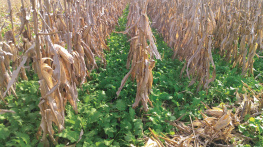
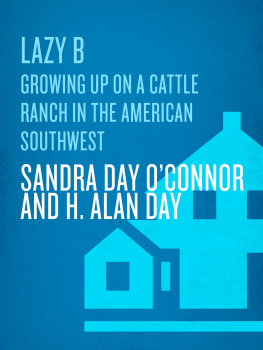


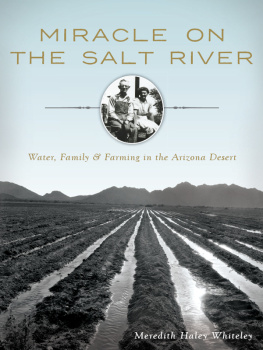
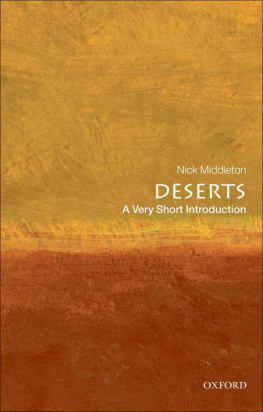
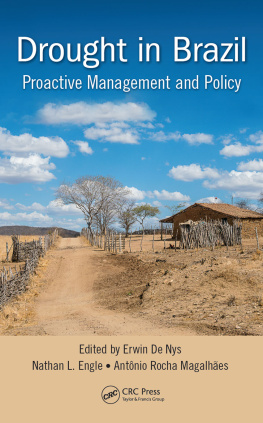
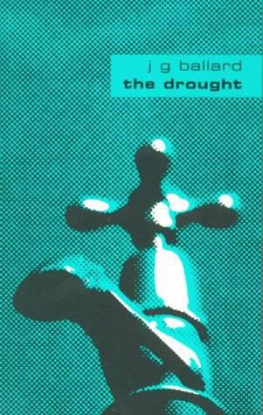


 The paper used in this publication meets the minimum
The paper used in this publication meets the minimum